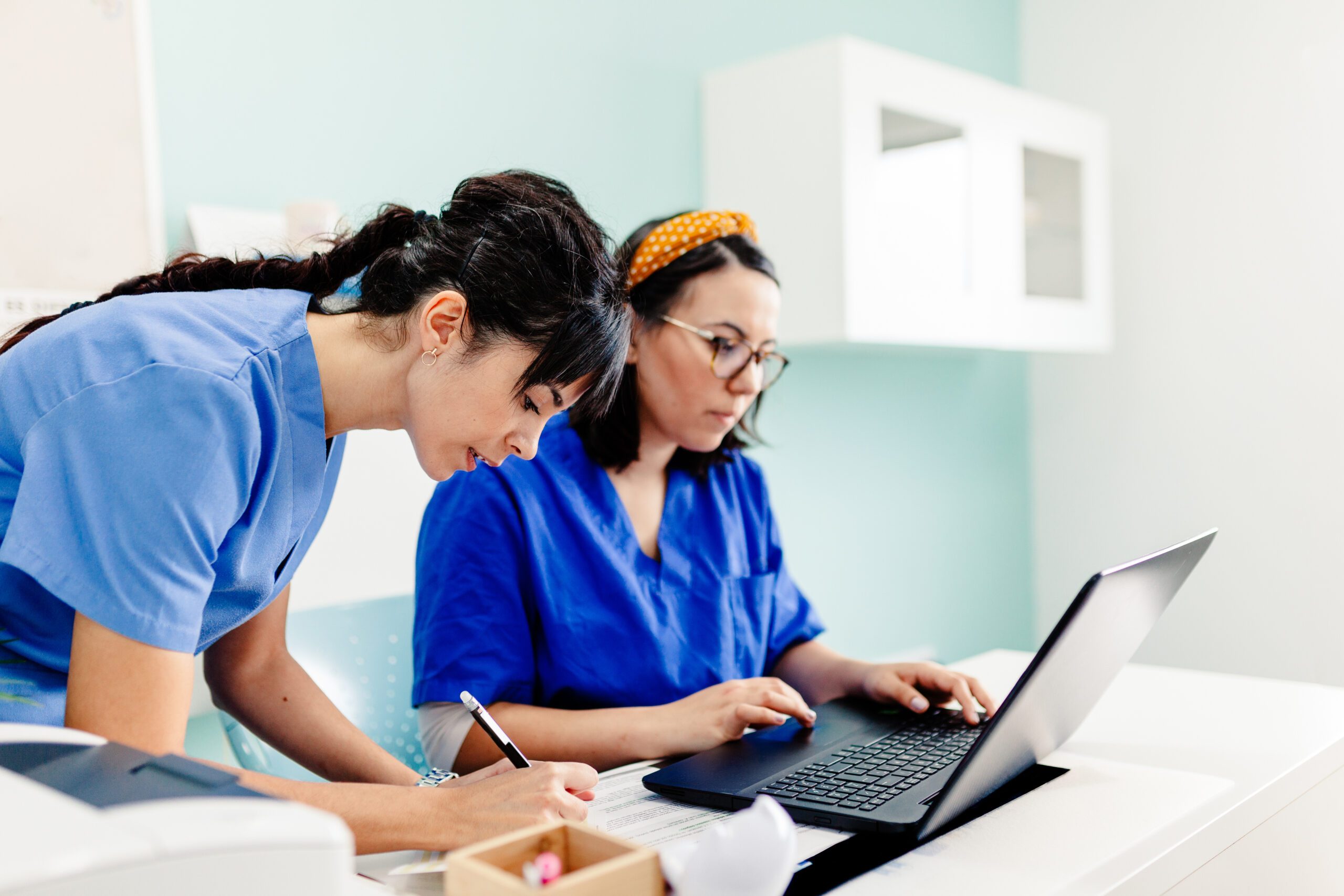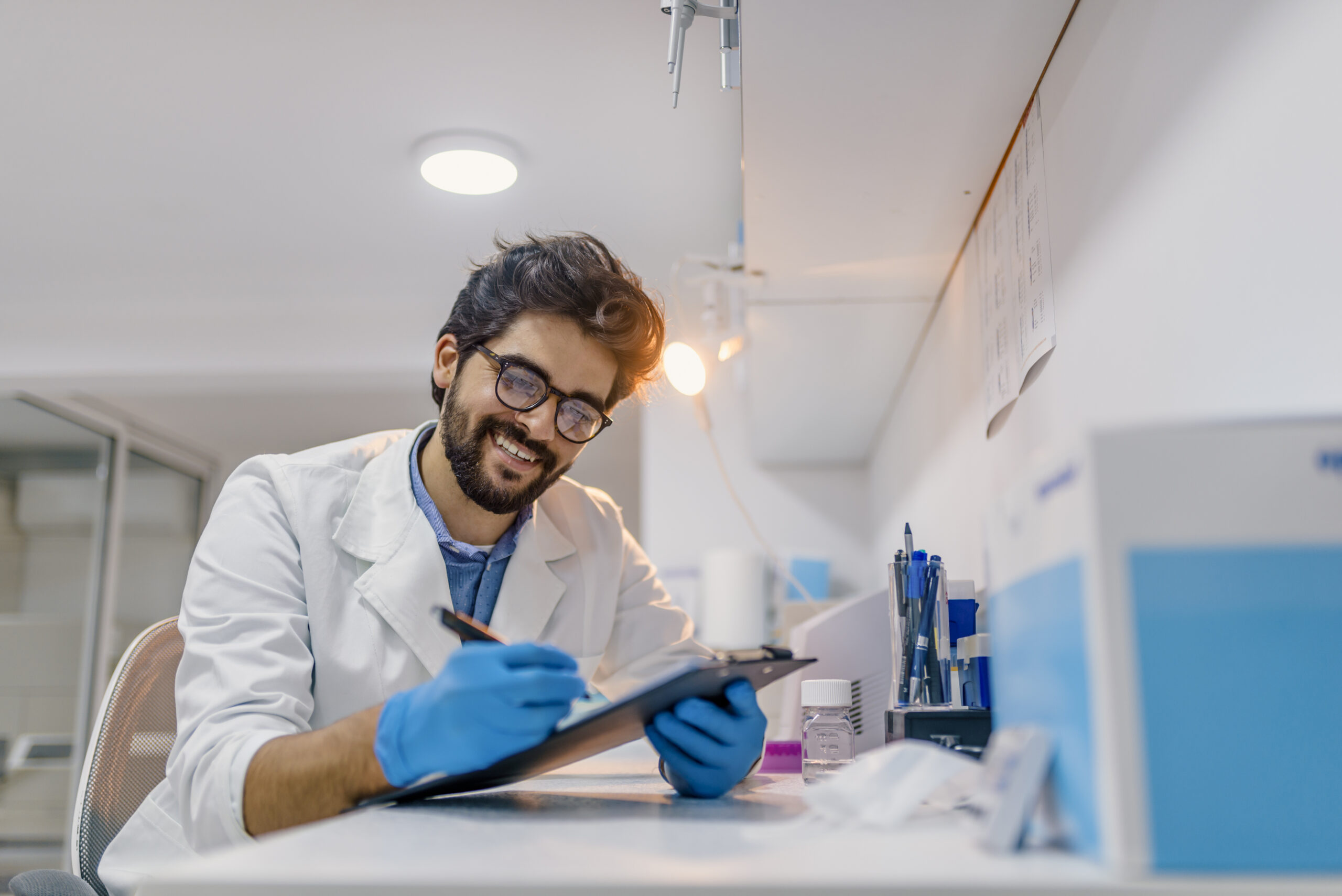Joel Harding, a medical student at Edward Via College of Osteopathic Medicine, who is currently at the David Grant USAF Medical Center at Travis Air Force Base, shares some tips from his rotations and tells us how he fell in love with vascular surgery.
Joel says that during rotations is when you really start to develop your interests, and try to figure out what you do and do not like. He recommends that students explore different specialties as much as possible because rarely do you get another chance to try something completely different after you’re done with your rotations. So make the most out of it!
What are your tips for students who are starting their rotations?
Many students come to me with this question. First and foremost, students should figure out what they want to do. Once they have a career choice that they’re interested in, I always tell them to partner themselves with someone who is well known in the field. Someone who can get good contacts for letters of recommendations as well as getting experience in writing papers and doing research. Those things are very important. It gave me good experience to work alongside prestigious physicians. One in particular, a phenomenal surgeon, taught me so much and offered me incredible opportunities.
Things I always encourage students to do: branch out as much as you can.
How did you figure out your specialty?
I put myself out there. I would often go to my preceptor and say, “Hey, I don’t know what I want to do yet. We really don’t have a lot going on right now, but I’d like to follow patient A or patient B or whoever is on the floor that I’m seeing, and if they’re getting a procedure done, I’d like to go watch it or even scrub into the surgery and help out.” Those experiences gave me valuable perspectives. I was outspoken during my rotations, asked my preceptors or the doctors that I was working with if I could see other specialties particularly while I was working in the hospital. Things I always encourage students to do: branch out as much as you can. A lot of physicians understand what you’re going through. Every doctor was there during their third year of medical school. They know you have to figure out what’s next.
Why surgery in particular?
I fell in love with surgery. A lot of medical students are enamored by it because it has hands on experience, unique experience, that most people have never had their entire lives over the course of a couple of weeks. The nice thing is, unlike giving a patient medication that takes a couple of weeks to kick in or a couple of days, surgery is you go in and fix it. And the results are permanent. I’m mechanically oriented. I like to work with my hands, so it was nice to see how surgery works.





